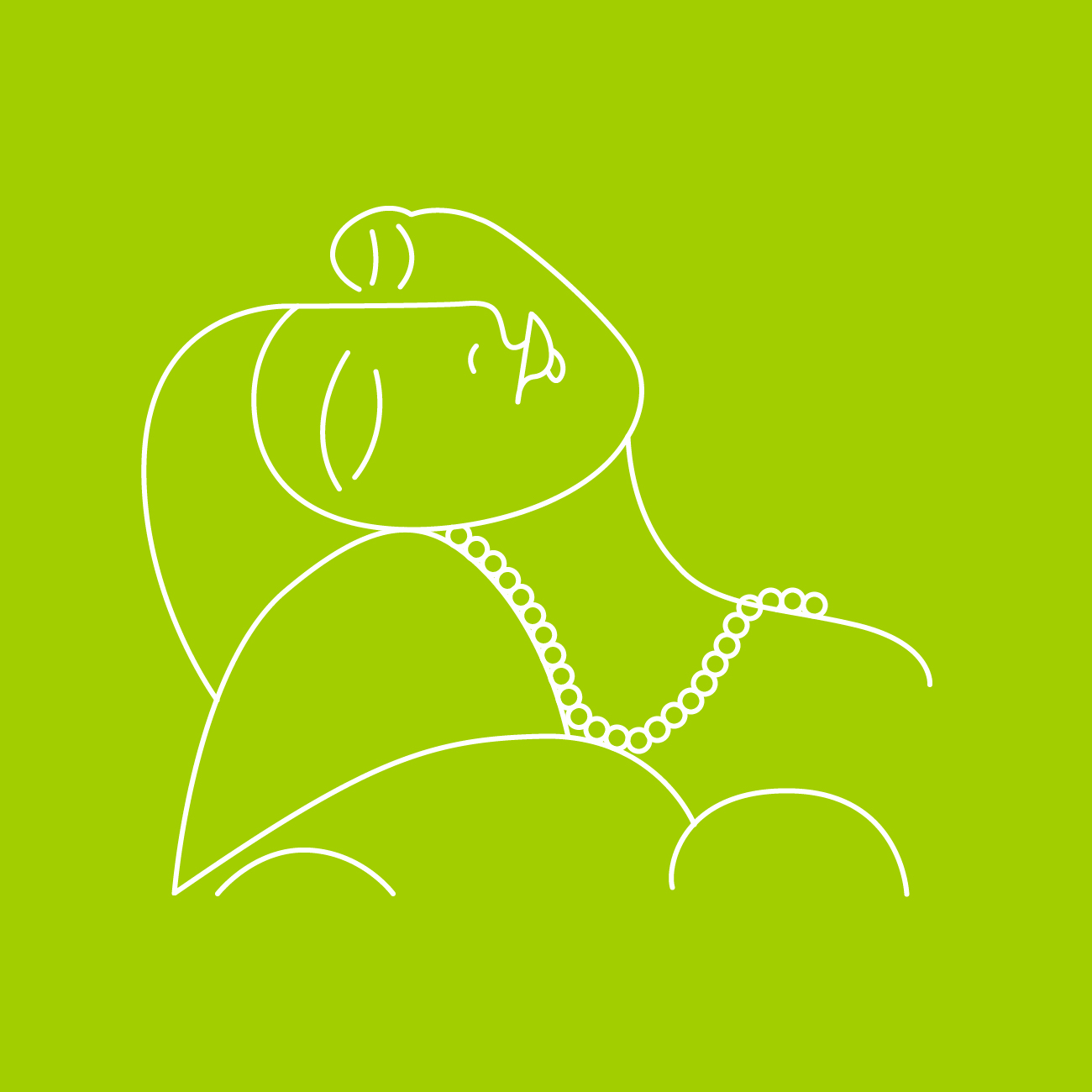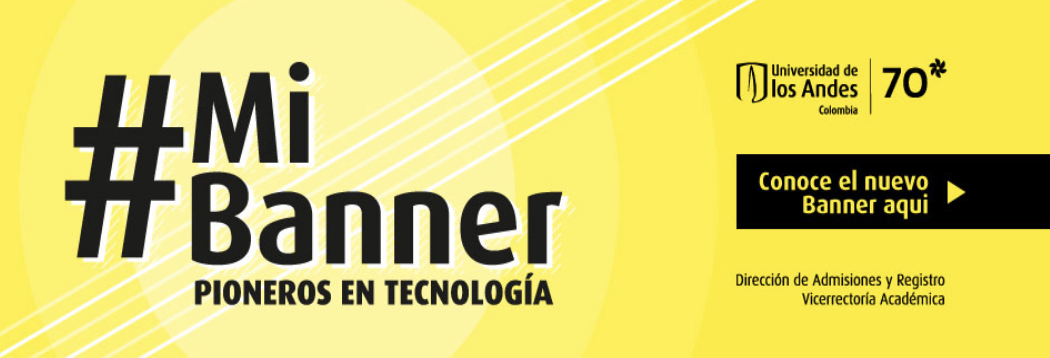Código
CBCA-1144
[vc_row][vc_column][vc_column_text]Descripción
In globalization times, celebrating diversity is a major aim in everyday communication. For this reason, «Interculturality» and «intercultural competences» (ICC) that lead to intercultural communication are vital aspects in various academic fields and social action (Byram, 1997, Deardorff, 2009, Fantini, 2002, Guilherme, 2002; Porto & Byram, 2014; Dasli, 2017). For this reason, the development of an intercultural and interculturally-competent individual depends on, from the educational point of view, significant and conscious learning experiences that guide them towards reflection and critical analysis in their relationship with people, environments and situations other than her/his own (Dervin, 2014, Jackson, 2012). From this point of view, The Intercultural Individual is developed by placing its participants and their daily experiences at the center of the learning process (learner-centered approach) to explore, among other objectives, their own ICC in situations that represent unknown experiences or critical events (Intercultural encounters). Among the basic competences, students are expected to identify situations where ICCs are required to achieve more horizontal and harmonious communication processes. Continuous reflection to foster flexible, open attitudes towards communication processes with those perceived as different from us are at the core of this course. As a corpus of analysis and exploration, the course uses experiential episodes, cultural shock anecdotes, film scenes, brief narrative and visual media in order to understand how the intercultural individual can become a citizen of the world (Byram, 2011; 2014; Guilherme, 2002; Risager, 2007).[/vc_column_text][vc_video link=»https://youtu.be/sFqoNcg5idU»][/vc_column][/vc_row]



